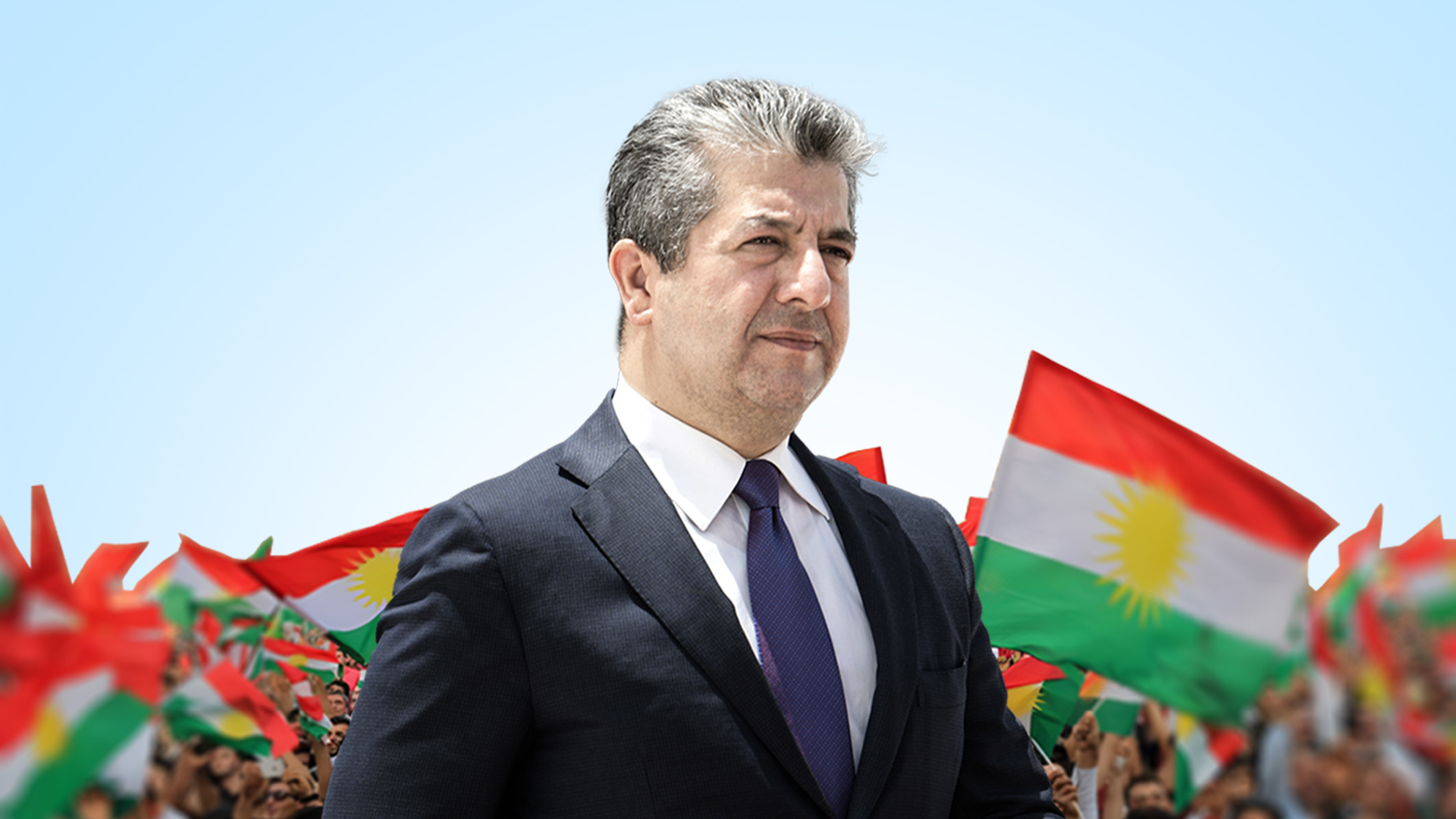KRG Prime Minister Marks Anniversary of Kurdistan’s 2017 Independence Referendum
Eight years on, the 2017 independence referendum remains a defining moment of Kurdish self-determination and national aspiration.

ERBIL (Kurdistan24) — Kurdistan Region Prime Minister Masrour Barzani on Thursday commemorated the seventh anniversary of the September 25, 2017 independence referendum, describing it as a historic moment of courage, unity, and hope for the Kurdish people.
In a message shared on his official Facebook account, Barzani said the referendum marked “a day of the brave decision of the people of Kurdistan, a day of the triumph of our national will, a day of hope and optimism.”
He extended congratulations to all those who contributed to the process, including Kurdish leader, President Masoud Barzani, the Peshmerga forces, the families of martyrs, and the people of Kurdistan who overwhelmingly voted for independence.
The 2017 independence referendum represented a watershed moment in the modern history of the Kurdish people. Organized by the Kurdistan Regional Government (KRG) under the then-President of Kurdistan Region, Masoud Barzani, the vote asked citizens of the Kurdistan Region of Iraq and disputed territories (Kurdistani areas outside the control of the KRG) whether they supported secession from Iraq.
Nearly 93% of participants voted “yes,” reflecting the Kurdish nation’s long-standing aspiration for self-determination.
The referendum was deeply rooted in a century of Kurdish struggles for recognition and sovereignty. Despite being one of the largest stateless nations in the world—spread across Iraq, Turkey, Syria, and Iran—Kurds have repeatedly faced repression, displacement, and denial of rights.
The referendum was seen not merely as a political exercise but as the expression of a people’s collective dream for freedom, dignity, and statehood.
However, the vote was met with strong opposition from Baghdad, neighboring countries, and the international community, who feared it would destabilize Iraq and the wider Middle East.
In its aftermath, Iraqi federal forces, supported by Iran-backed militias, launched a military offensive to retake disputed territories, including Kirkuk, dealing a severe blow to Kurdish aspirations.
Despite these challenges, the referendum remains a defining chapter in the Kurdish national narrative. Many Kurds continue to view it as a legitimate and irreversible mandate for independence, even if unrealized for now.
The event also reaffirmed the enduring role of the Peshmerga, the sacrifices of martyrs, and the leadership of figures like President Masoud Barzani in shaping the Kurdish quest for self-rule.
Today, the legacy of the 2017 referendum continues to shape politics in the Kurdistan Region, where calls for unity, resilience, and respect for the right of self-determination remain central to the national discourse.